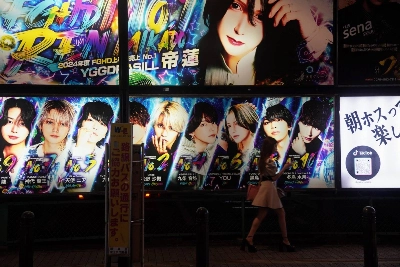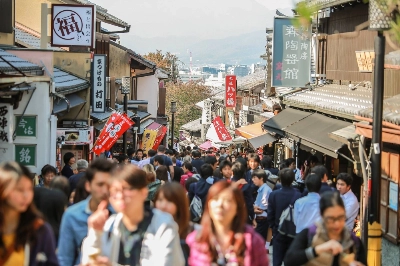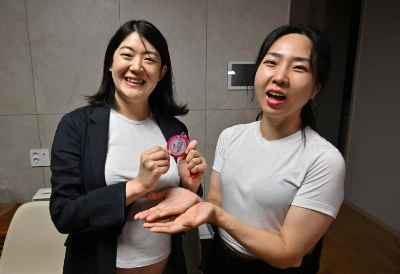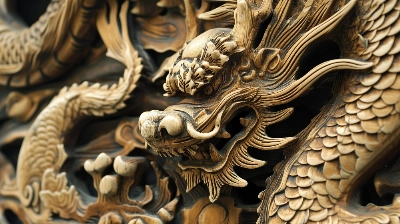Top diplomats from “the Quad” group of nations on Monday pledged to boost maritime security in the Indo-Pacific region as they criticized what they called the “militarization” of the disputed South China Sea, in a move seen as targeting China's growing assertiveness in the strategic waterway.
In a joint statement following a meeting in Tokyo, the officials from Australia, Japan, India and the United States expressed “serious concern” about “coercive and intimidating maneuvers,” the “dangerous use” of coast guard and maritime militia vessels, as well as efforts to “disrupt” other countries’ offshore resource exploitation activities.
The criticism came as the Quad diplomats sought to present a united front amid heightened tensions between China and the Philippines, a U.S. ally, over maritime disputes.



















With your current subscription plan you can comment on stories. However, before writing your first comment, please create a display name in the Profile section of your subscriber account page.